
UPDATING A CASE FOR DECRIMINALIZATION IN 2023
Justice - Equity - Liberty

Justice - Equity - Liberty
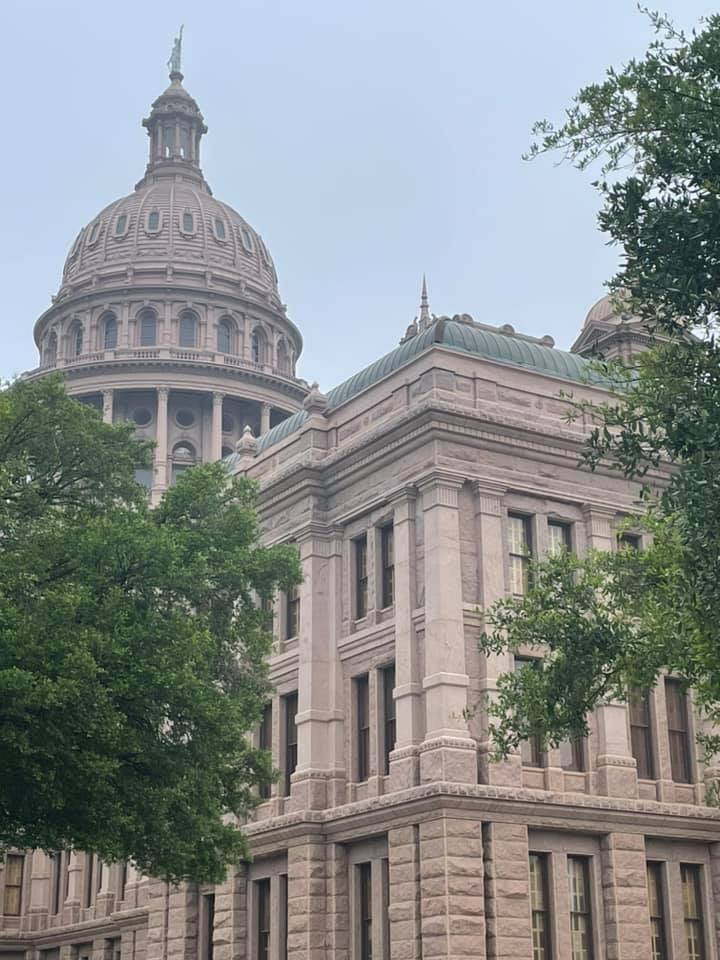
If justice is a principle that people receive that which they deserve, then criminal justice should be a princple that when people commit a crime that they will receive the punishment which they deserve. We use many factors to make this determination in modern justice settings.
We ask ourselves every day when we see crimes take place if the punishment is fitting for the damage caused by said crime. We know that if we go too light with the consequences, there was not enough justice. If we go too harsh with the penalty for the crime, it's possibly cruel and unusual.
Cannabis in Texas is a Class B misdmeanor. It carries harsher punishments than littering a 5 gallon bucket of trash (HEALTH & SAFETY §365.012). Harsher punishments than an adult giving an elementary aged child a gun to carry into school as long as they don't hurt anyone with it.(PENAL CODE §46.13)



Click an image to learn more with interactive charts
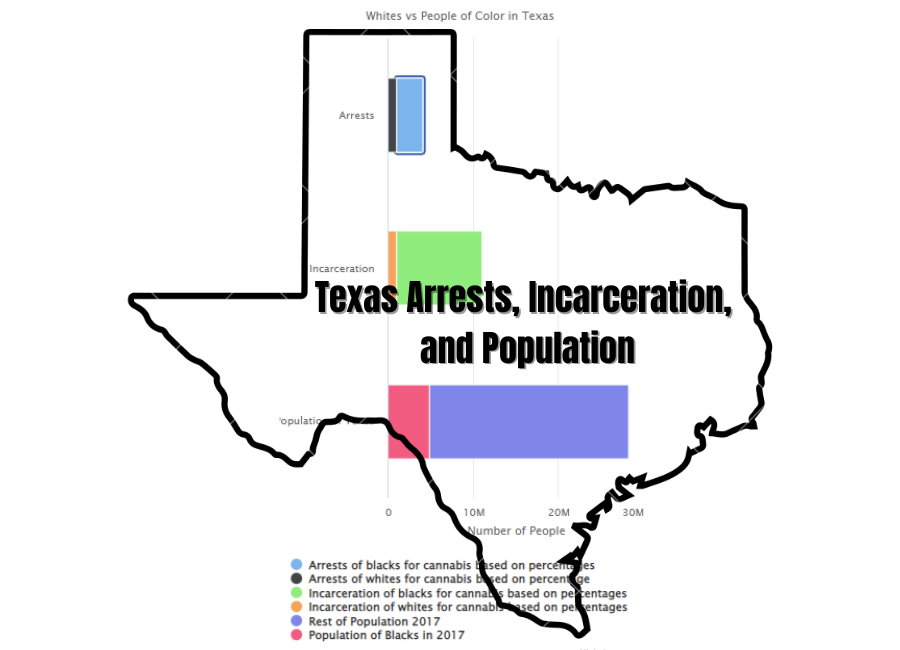
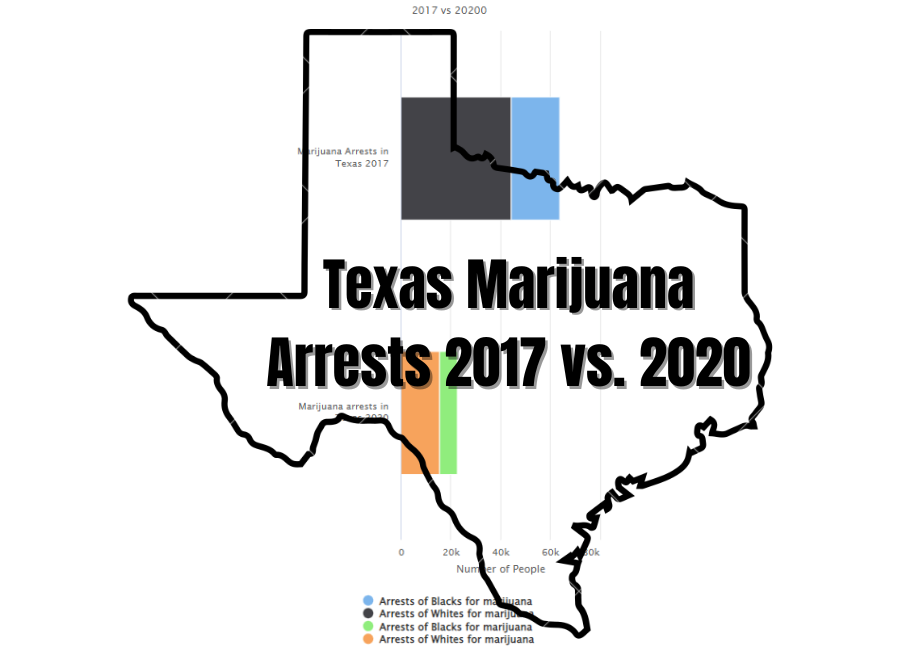
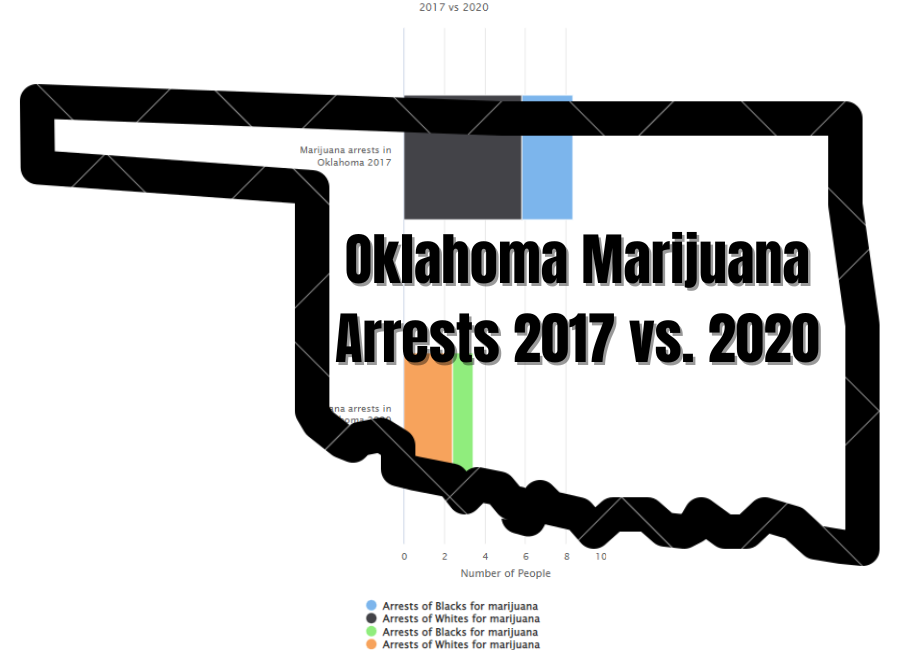
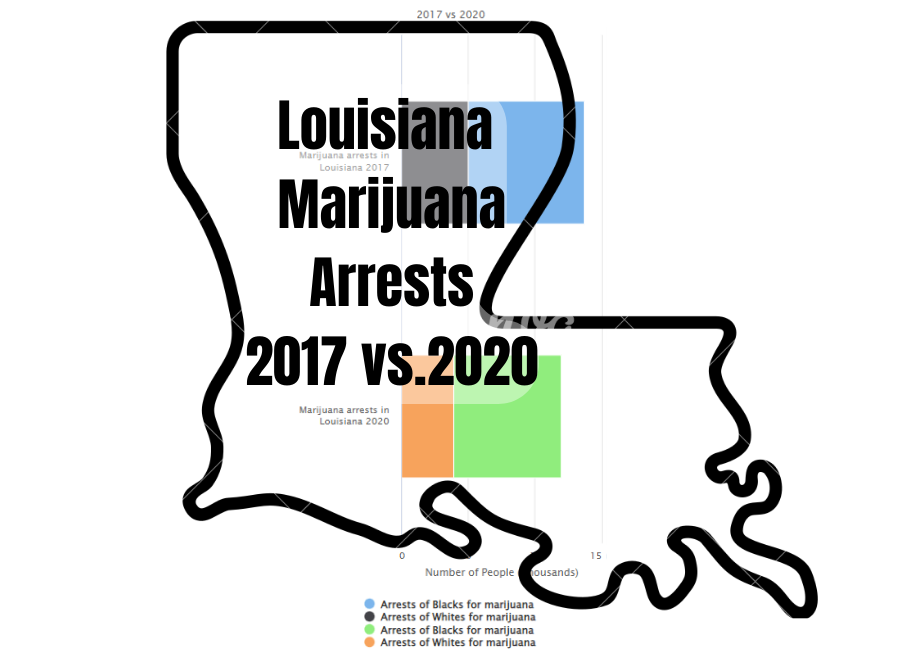
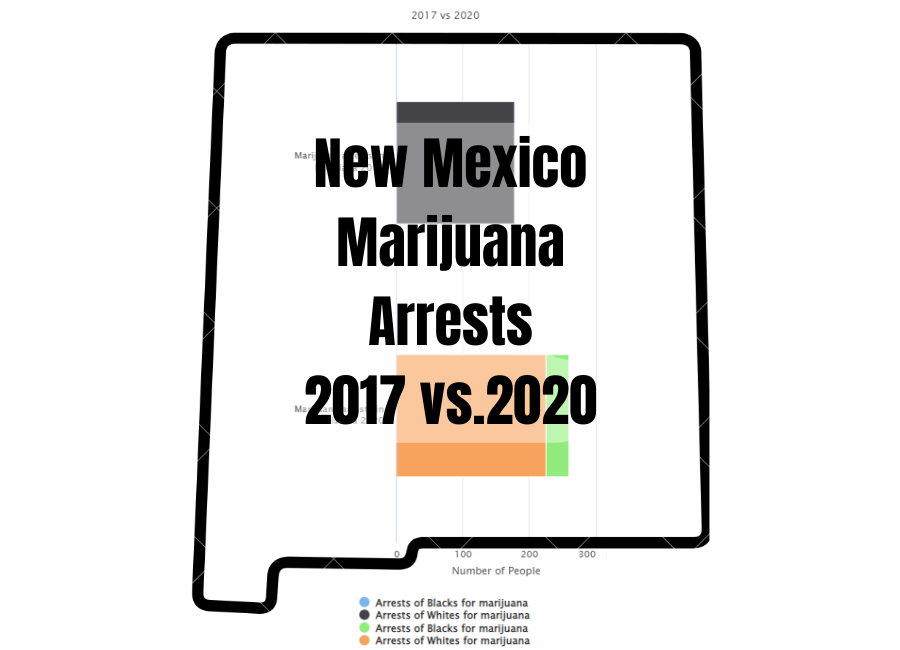
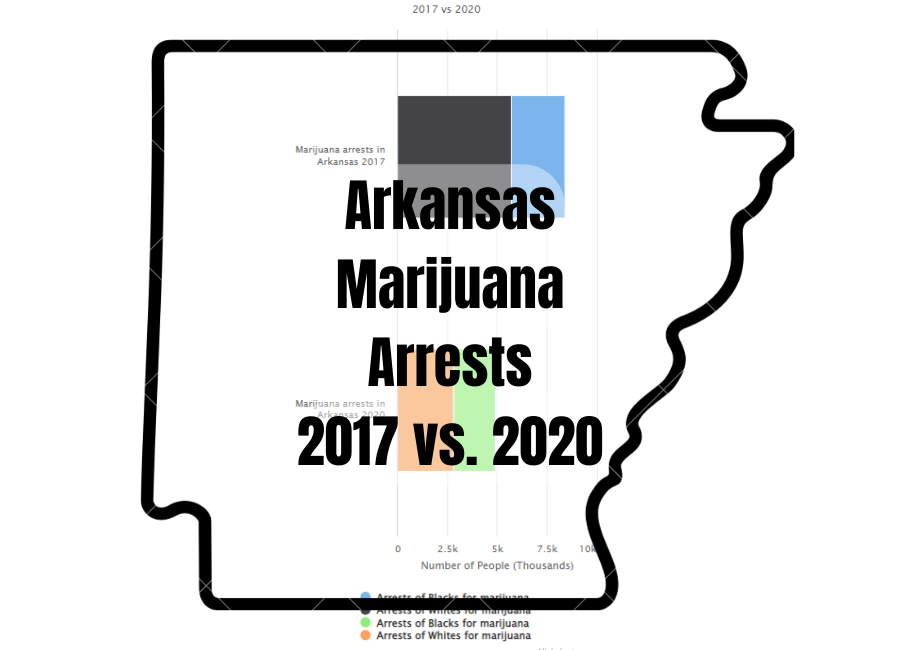
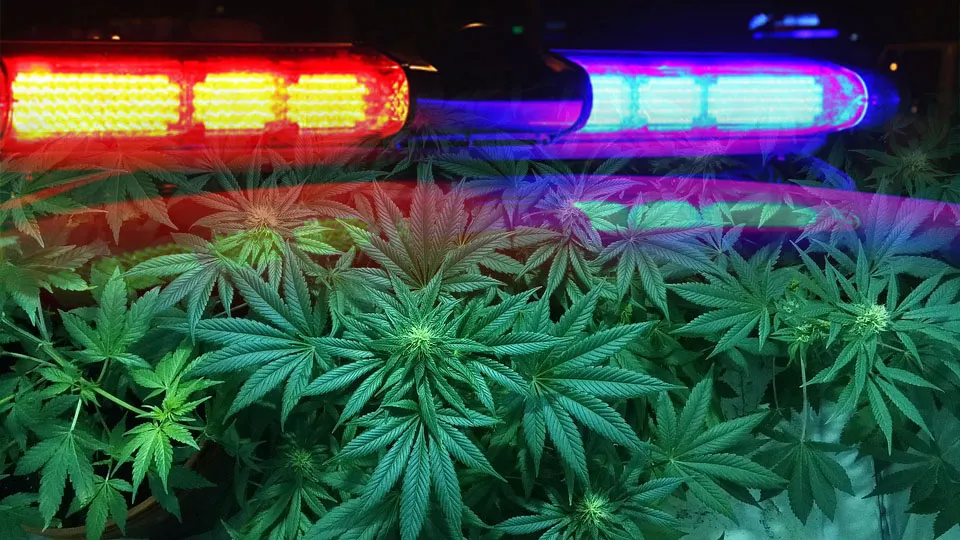
This past year two young men were arrested and accused of possession of THC edibles in Clay County Texas causing notice to disparities in the criminal justice system.
Dante and Deandre Burroughs were driving back from Colorado. While driving in Texas they were pulled over and accused of possession of THC edibles. Officers claimed to have pulled the men over for a traffic violation. The police searched their vehicle and according to Sheriff Lyde, the three men had a video magistrate hearing where probable cause was found. It is currently unknown what led to the search of the vehicle.
The resulting arrests lead to each of the men receiving a $50,000 bond for the charges. The two’s mother trying to help them then faces a $100,000 total for bond to be raised. The bond set was compared by advocates in the cannabis space to charges placed on violent offenders accused of aggravated assault with a deadly weapon and evading arrest. This is still really high for a bail amount. It's high for bail considering the factors usually attributed to setting bail such as prior convictions or risk to public safety.
Texas sees disparities with bordering states with either a completely legal marijuana program, or a state with a more comprehensive medical program.
New Mexico just saw its first sales at the beggining of April 2022 for adult use cannabis sales that are not hemp. Oklahoma to the north has a medical program that is practically wide open and a ballot measure is on the way to fully legalize the plant. Louisiana has a medical program that is more comprehensive. Their program even allows for any debilitating condition if a physician believes a patient will benefit and includes flower products. Arkansas allows for flower and even allows their residents to petition the health department to add conditions with a mandated response timeline.
Here is what Texas has for cannabis laws on medical. Texas has oils and gummies, our legislature decides the conditions every two years, the list of conditions is rather small except for incurable neurodegenerative disorder's sub conditions, and there is a limit of 1% THC concentration on the products dispensed. That’s just to name a few parts of the Texas program.
Texas is without a doubt, objectively behind on this issue when compared to other states near us and other states in the US.
Austin just decriminalized misdemeanor level amounts of cannabis possession by voter initiative. San Marcos is collecting signatures to do the same, along with Killeen and Harker Heights. Decriminalize Denton has collected the signatures and will likely see it on the ballot in November. Dallas isn’t making a big deal and neither is Houston. Arrests are still happening there, but not at the rate they were seen in times before the hemp program was legalized. We have disparities across the city and county lines in the state.
Montgomery County is a different story. When the hemp bill was signed, the DA announced that they weren’t going to stop prosecuting cases they believed to be marijuana. Even with no hardware for officers to tell on scene what they may have possession of. This past year, in light of the Delta-8 legal cases taking place, the DA requested that TX Attorney General Ken Paxton make a public stance that the product was illegal. Just so that they could be clear, on prosecutions of possession charges for the products. The Attorney General’s office took the stance that it would not issue an opinion because of pending litigation on the matter.
Clay County just demonstrated where they sit with this topic. It can be added to the numerous counties across the state that act unaware of the law with hemp. To be more explicit, their behavior towards hemp is that it is an illegal product known as marijuana. We published a similar article to this one September of last year. And that was just for hemp.
“Despite similar use rates, blacks are roughly 3 times more likely to be arrested for marijuana possession than whites and 10 times more likely to be incarcerated. In Texas, blacks make up roughly 12 percent of the state’s population but accounted for 31 percent of marijuana arrests in 2017,” Katherine Harris, Fellow in Drug Policy at Rice University’s Baker Institute for Public Policy.
“Black male offenders continued to receive longer sentences than similarly situated White male offenders. Black male offenders received sentences on average 19.1 percent longer than similarly situated White male offenders during the Post-Report period (fiscal years 2012-2016), as they had for the prior four periods studied, ” data from the US Sentencing Commission report from 2017.
So not only are people of color more likely to face jail time, they’re likely going to face more jail time. 19% jail time is not some small time amount. That’s just under a year for every 5 years sentenced. And that’s the average. There are going to be some that face less than that 19%, and there are going to be some that face way more than that.
So, we have evidence that there are disparities between cultures and races when it comes to being punished for the law. And that’s not to say that we never see anyone that is not a person of color seeing outlandish penalties for this either.
Digging around at the guidance of an attorney, I found that only a handful or so of people convicted of cannabis charges have been granted clemency by the governor in the state. We cannot directly note whether or not the individual are people of color without more information from the state. The convictions date back as far as 1972 and are likely archived. Given the earlier disparities stated, one can imagine who was receiving the pardons.
What is libertad condicional? It’s parole, it’s conditional liberty. As well, in Texas condena condicional is probation, a conditional sentence. Quite the fitting terms in Spanish, are they not?
In Texas there is no solid code yet that defines whether or not someone in this position has the right to access medical cannabis in the state. Even with a doctors prescription. Yes, even under the term prescription.
There will not be names placed in the article, but the organization's board members as of 2022 have personally spoken with several people over the past few years that have been in the system. All with disparities as to whether they can access medical cannabis once on libertad condicional. A parolee in the Dallas metro area was denied using full-spectrum hemp under a doctor’s prescription. Then was told it was okay if they were in the TCUP program. The person then switched parole locations in the area and the office had zero issue with either one.
Another man spoke to us this past year about being on probation for a felony possession charge and is being allowed to use TCUP with zero issue. They spoke on how it seemed strange given the county was very strict about cannabis, but was allowing them to stay a TCUP patient.
Then there are the strange outliers that can’t stay on it. A veteran recently informed us that they were being arrainged with Williamson County Veterans Court. Williamson County has a big history of prohibition, but has changed drastically in the last 4 years. Veterans court is just a special deferred adjudication (like probation) system for military members and veterans. The veteran told us the the probation officers were not going to allow TCUP medications to be used during the duration of deferment. Then when presented to the judge, the judge did not side with veteran, despite two clinicians (doctor and therapist) stating in letters that it was prescribed and that other patients were in the same program with zero issue.
Imagine that, sitting in front of judge with evidence that others are in the same situation and allowed to use TCUP. Then you’re told it’s a no go for you. The law and the concept of justice should never be able to cherry pick who gets to take the proper medications for their health, erroneously. There is no room for disparities in the justice system, otherwise it is not just.
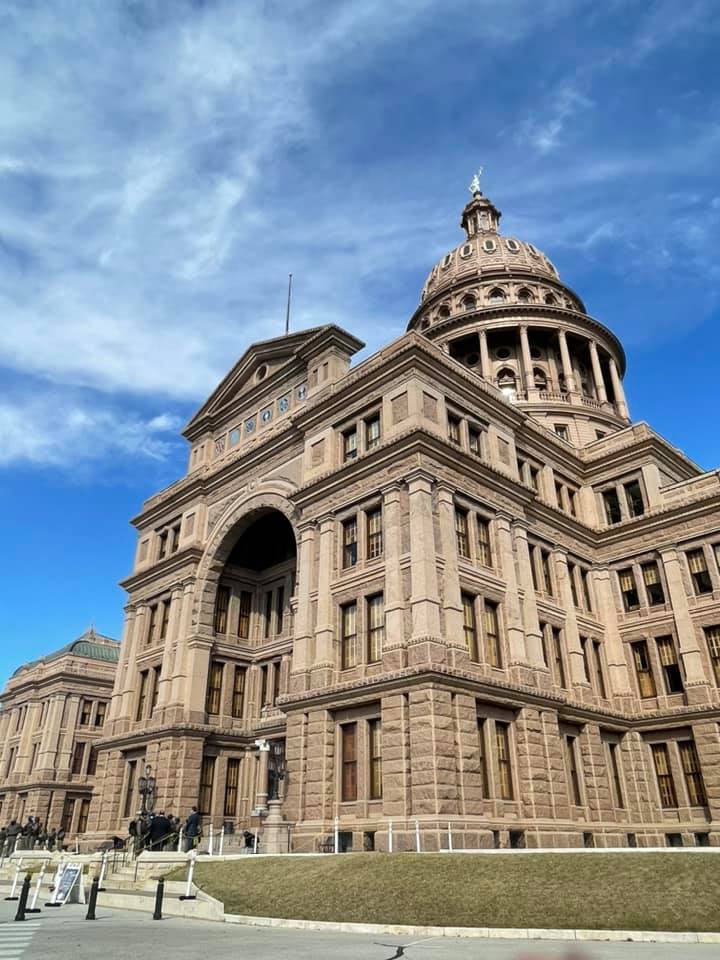
Register to Vote. Then Vote.
There’s good reason why we put disperse the materials through the nonprofit we work with, that we would interview candidates and highlight races across the state.
In Texas we are seeing two ways to fix the arrest disparities. It either happens at the state level, or localities have to do their own ordinances to make it no longer a priority by codification. This is what we have seen in Austin, and likely Killeen, Denton, Harker Heights and San Marcos.
For the localities that aren’t going to go over well with this, the option is state level and that means going to the town hall meetings of these candidates and telling them you want to see change. That you want to see this in a criminal justice reform package, because criminal justice reform is a big plank and talking point of the two major parties in Texas right. Then you have to back that up with your vote.
Until then, expect the same thing as before. If you want change, you have to vote for it in Texas.
All data mentioned about the economics of possession charges comes from the goernment document Economics of Misdemeanor MJ Possesion
This document was last modified .